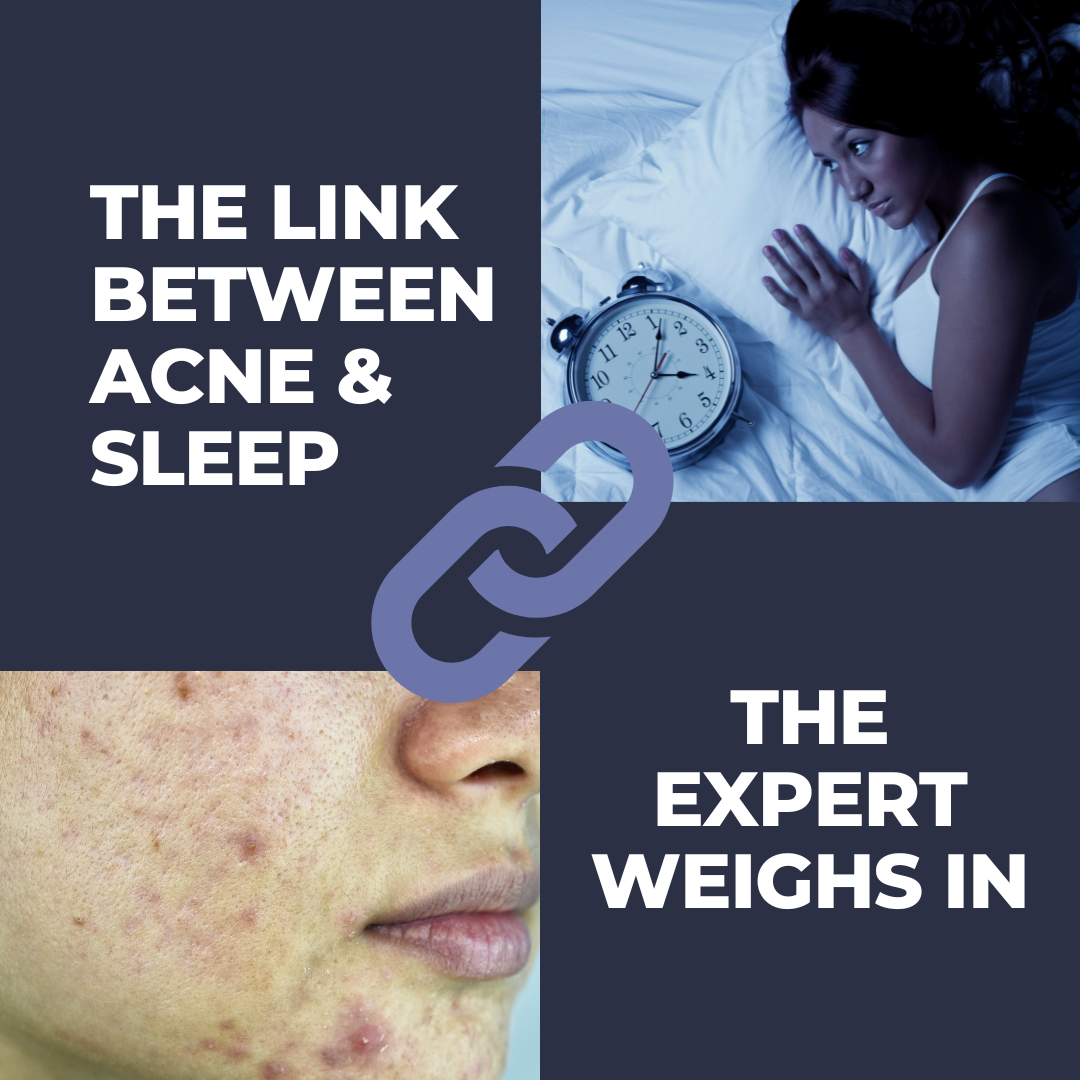Allure recently posted an article, “Is My Acne the Reason I Can’t Sleep?” What does research say about a link between acne and sleep, and how should dermatologists counsel their acne patients about lifestyle factors?
For expert advice, I reached out to Miami dermatologist Heather Woolery-Lloyd, MD, who is board certified in both dermatology and lifestyle medicine. Dr. Woolery-Lloyd spoke about how lifestyle factors influence dermatologic disease at Skin of Color Update 2022.
What does research tell us about the link between acne and sleep?
There is no clear association between acne and poor sleep behaviors. Two studies show a possible association between acne and poor sleep quality, but this association is very weak. One study with 1,375 participants examined the association between acne and various lifestyle factors such as stress, fatigue and sleep. Researchers found acne was associated with a higher risk of difficulty falling asleep and feeling tired upon waking up.
In a separate study of 4,000 French women 25-40 years old, researchers examined acne prevalence and lifestyle factors. The analysis revealed a small difference between the acne group (35%) and the non-acne group (32%) for poor quality of sleep.
How should these findings impact patient care? Should dermatology clinicians address sleep with their acne patients?
I think there is much more data on other lifestyle factors such as diet and stress when it comes to acne. We know that high glycemic diets, dairy and whey are associated with an increased risk of acne, and it may be more helpful to discuss these lifestyle factors with patients.
What do we not yet know about acne and sleep?
There are just a few studies on sleep and acne. Poor sleep habits and stress are closely related, and multiple studies have shown that during stressful periods acne tends to flare. It would be interesting to see if the weak association between acne and poor sleep is secondary to stress or if it is due to other changes specific to the effect of poor sleep on the skin barrier.
What other lifestyle factors are known to contribute to acne, and what need further research?
We know that high glycemic diets, dairy and whey are associated with an increased risk of acne, and that during stressful periods, acne tends to flare. Studies were performed in students of all ages and the researchers found increased acne lesion counts during exam times. We need further research on the role of sleep, exercise and risky substances in acne.
What are the most important lifestyle factors dermatology clinicians should address with their acne patients?
Diet and stress management.
What other advice do you have for dermatology clinicians in counseling their patients about lifestyle factors and acne?
Patients are very interested in learning about how lifestyle factors influence their acne, so I think it is important to discuss these lifestyle factors with our patients.
Did you enjoy this Patient Buzz expert commentary? You can find more here.

